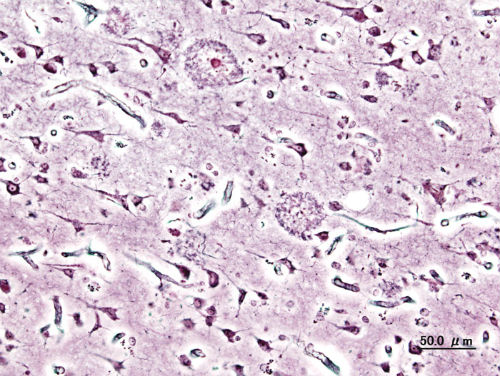- Highly stressed participants were 30% more likely to develop Alzheimer disease than those who were not stressed.
- Study linked stress later in life with mild cognitive impairment, which can often progress to Alzheimer disease.
- The good news is that perceived stress can be effectively treated with a number of modalities.
- Study included more than 500 patients of which about 70 were diagnosed with amnestic mild cognitive impairment during the study.
- Approximately 470,000 Americans are diagnosed with Alzheimer disease annually, according to the Centers for Disease Control and Prevention.
Alzheimer disease strikes nearly 500,000 Americans annually, according to the Centers for Disease Control and Prevention. A recent study from the Albert Einstein College of Medicine and Montefiore Health System has identified perceived stress as a significant risk factor for developing amnestic mild cognitive impairment (aMCI). Stressed patients were 30% more likely to develop Alzheimer’s. The data were collected from patients participating in the Einstein Aging Study.

These findings suggest that the onset of dementia can be forestalled or prevented by treating stress in elderly patients. This begins with asking the right questions about stress. A common stressor among the elderly is caring for a loved one. Another is an illness in the patient. In both cases, the clinician has treatment choices that are well known to benefit these patients. Doing so may both relieve the uncomfortable emotional experience of stress and prevent the development of cognitive disorders.
The Study
The researchers were able to collect data on 507 patients, 71 of whom developed Alzheimer disease during the study. “Our study provides strong evidence that perceived stress increases the likelihood that an older person will develop aMCI,” said Richard Lipton, M.D., senior author of the study. “Fortunately, perceived stress is a modifiable risk factor for cognitive impairment, making it a potential target for treatment,” noted Dr. Lipton in a press release. Dr. Lipton is vice chair of neurology at Einstein and Montefiore, and professor in the department of neurology at Einstein University.

The Good News
The good news in these findings is that perceived stress is treatable and clinicians have a number of choices of effective treatment modalities. “Perceived stress reflects the daily hassles we all experience, as well as the way we appraise and cope with these events,” said co-author Mindy Katz, RPH. “Perceived stress can be altered by mindfulness-based stress reduction, cognitive-behavioral therapies and stress-reducing drugs. These interventions may postpone or even prevent an individual's cognitive decline,” she noted in a press release.
